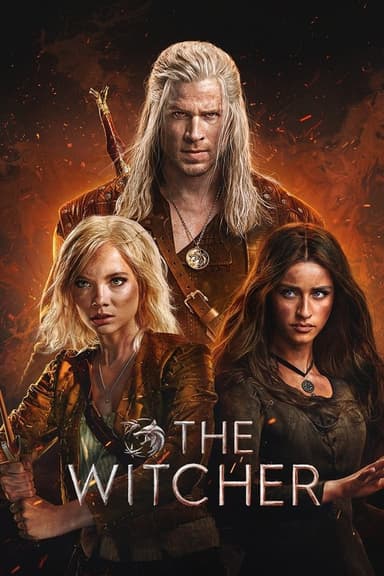
Sword of the Demon Hunter
2025 • Animation, Drama, Sci-Fi & Fantasy • TV-MA
Jinta journeys through a century-spanning epic, all while questioning why he wields a sword.
Why you should read the novel
The original novels of Sword of the Demon Hunter: Kijin Gentosho transport readers into a masterfully woven world where historical intrigue collides with haunting supernatural elements. Delving into the source material offers a richer, more nuanced perspective on protagonist Jinta’s evolution and the societal struggles that shape his destiny. Moto'o Nakanishi’s writing immerses you in a lyrical narrative that elegantly balances action, philosophy, and cultural depth, creating a tapestry of emotions often impossible to fully translate to screen.
By engaging with the books, you’ll discover remarkably detailed world-building and character backstories that the TV adaptation only hints at. The novels reveal Jinta’s internal monologues, dilemmas, and hopes, granting a profound understanding of his motivations and the spiritual weight he bears. Subtle connections between myth, history, and personal tragedy become clearer, enhancing the emotional stakes of his journey.
Reading the novels allows for a slower, more contemplative pace, letting you savor each revelation and philosophical musing. Fans of complex storytelling and thematic depth will find the books a rewarding meditative experience, inspiring reflection long after the final page—something the fast-paced nature of television rarely affords.
Adaptation differences
One major difference between the TV adaptation and the books lies in pacing and narrative depth. The series condenses events and streamlines character introductions, sacrificing some of the nuanced development and philosophical musings present in Moto'o Nakanishi’s original work. This can make the adaptation more accessible, but certain long-term character arcs and gradual world-building lose their impact.
In the source novels, readers are treated to intimate glimpses into Jinta’s thoughts and emotional struggles through atmospheric prose and internal dialogue. The TV series, conversely, externalizes much of his journey, focusing on visually-driven storytelling and action sequences to capture attention. As a result, many of Jinta’s introspective moments are replaced with brief exchanges or omitted entirely, shifting the emotional center of the narrative.
Additionally, several supporting characters receive expanded backstories and motivations in the novels, deepening their significance to Jinta’s quest and the larger supernatural conflict. The adaptation, due to time and format constraints, amalgamates or sidelines some of these roles, condensing complex relationships into generalized plot points. This streamlining can change the morality and nuance of key interactions, lessening the impact of certain revelations.
The historical and mystical world-building is also more layered in the books. Nakanishi painstakingly blends folklore, regional culture, and philosophical musings to ground his supernatural tale in a believable past. The TV series, though visually evocative, sometimes simplifies these elements for a broader audience, potentially leaving viewers without the full symbolic resonance and historical context so integral to the original novels.
Sword of the Demon Hunter inspired from
Sword of the Demon Hunter: Kijin Gentosho
by Moto'o Nakanishi










